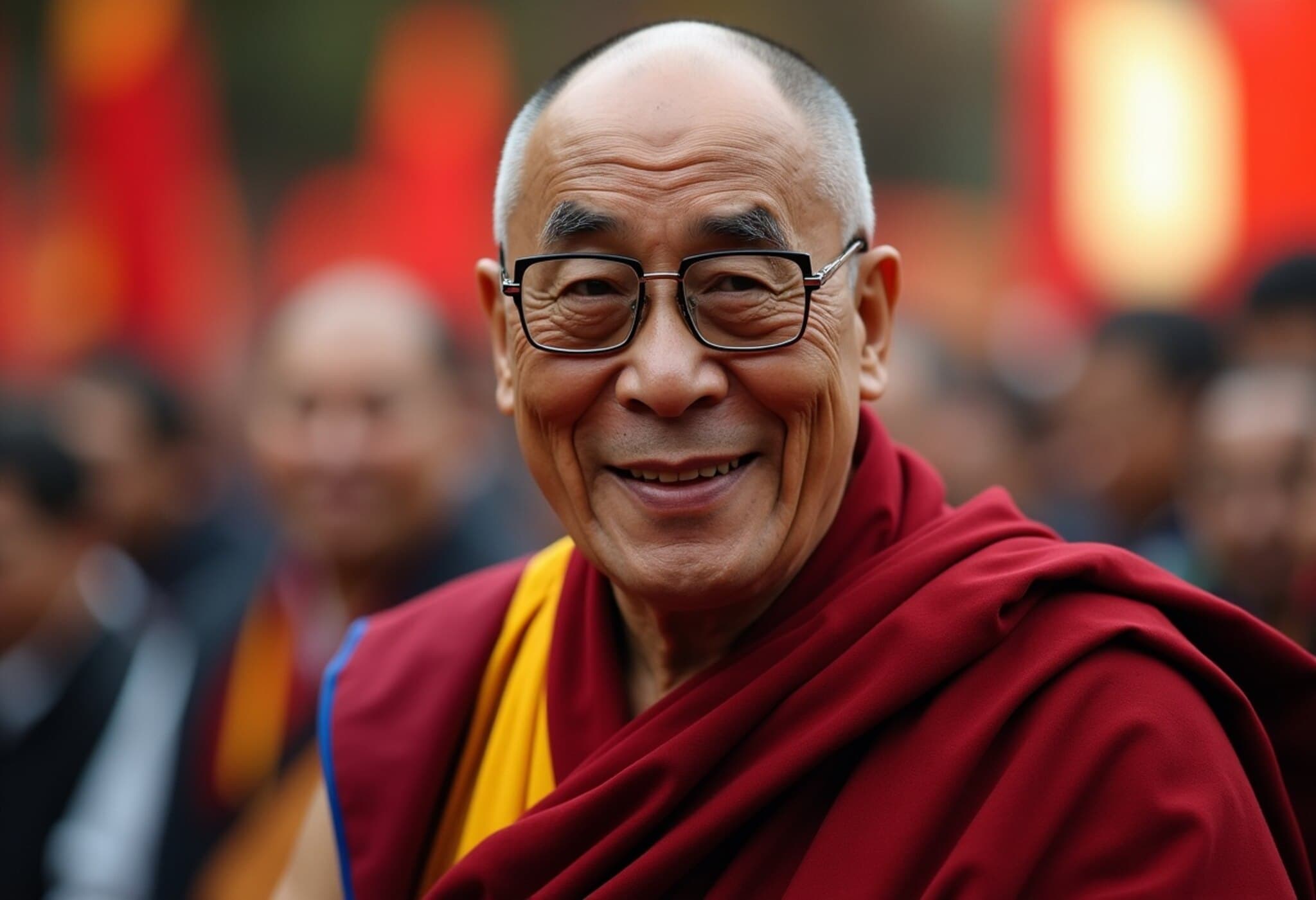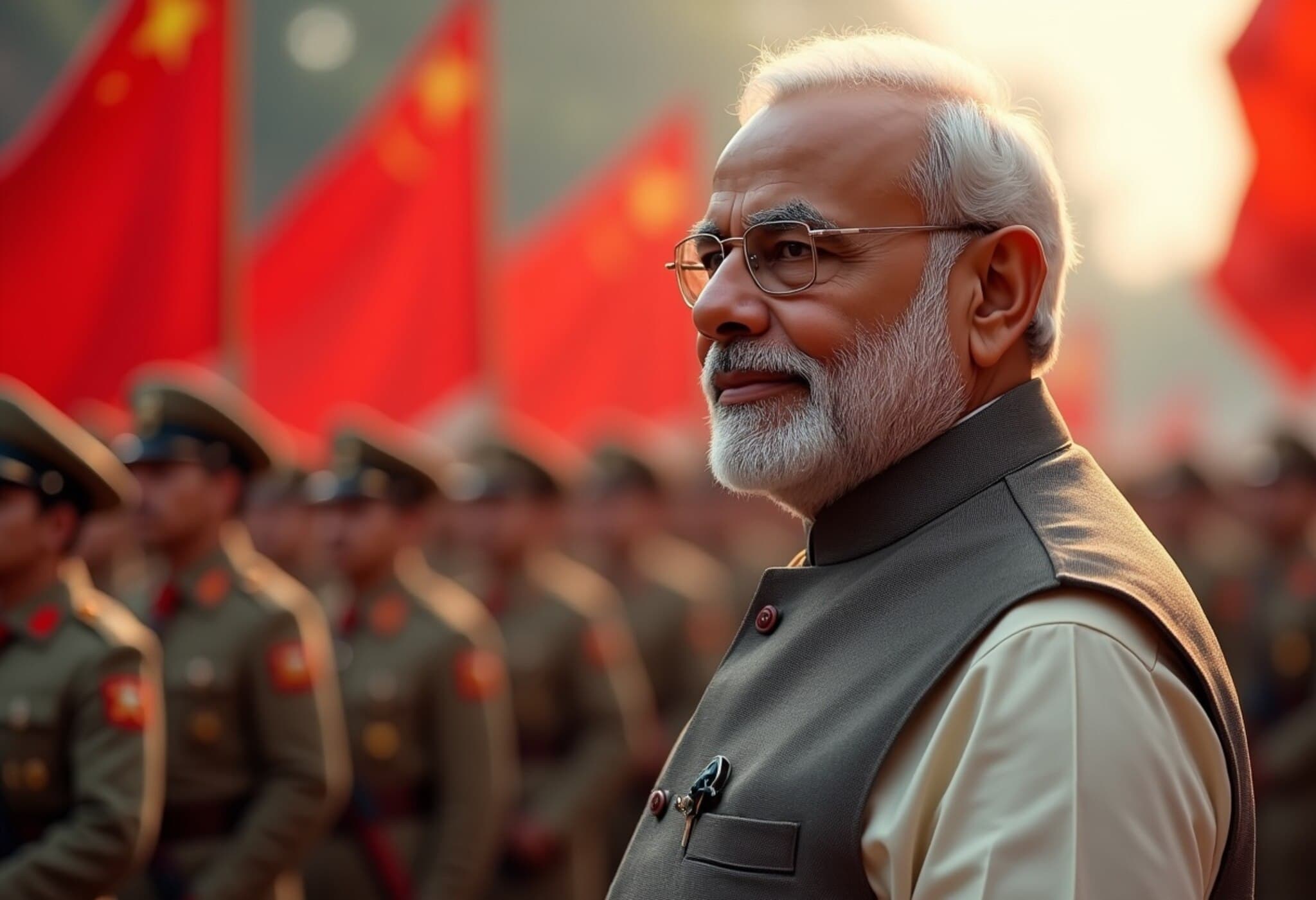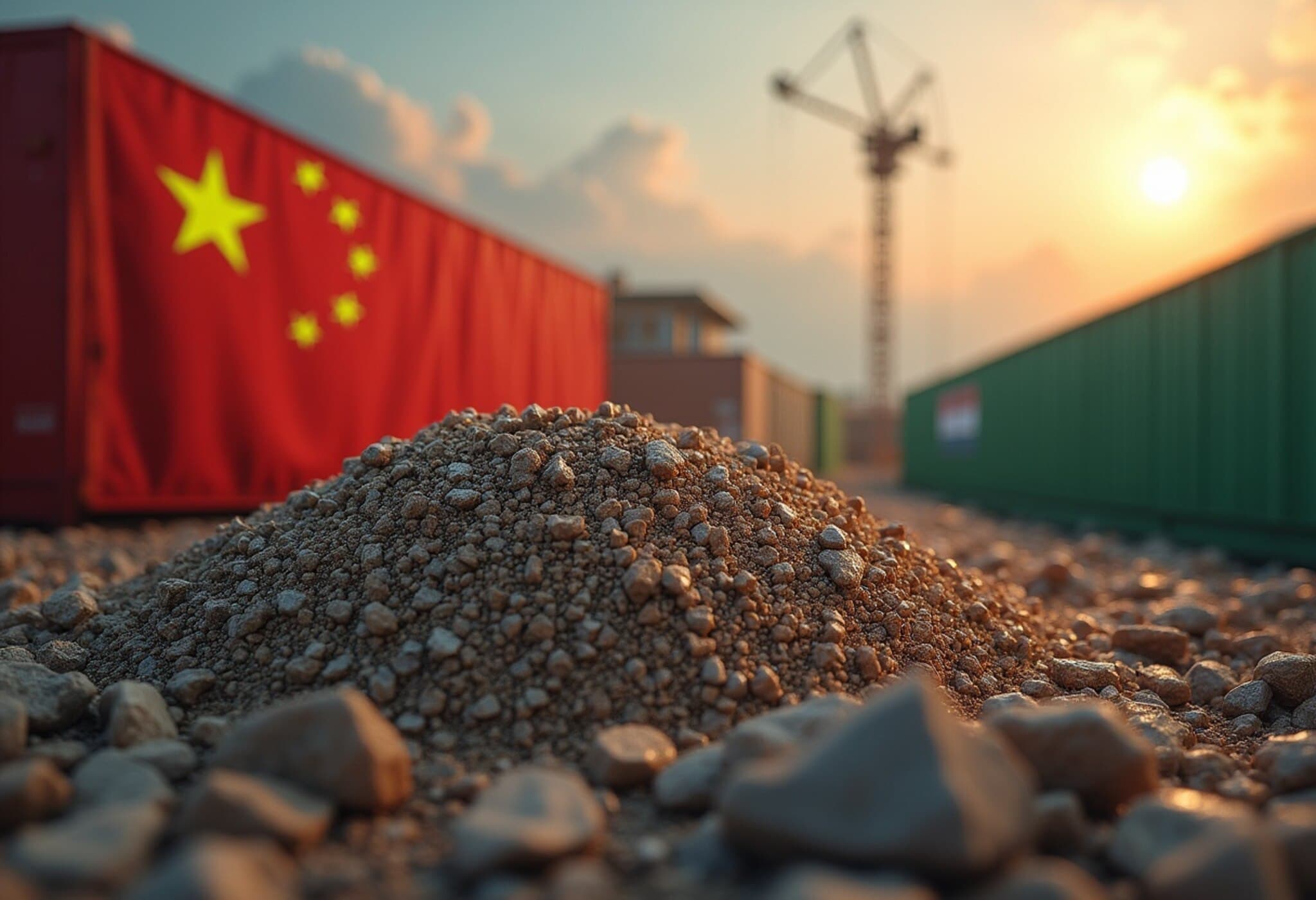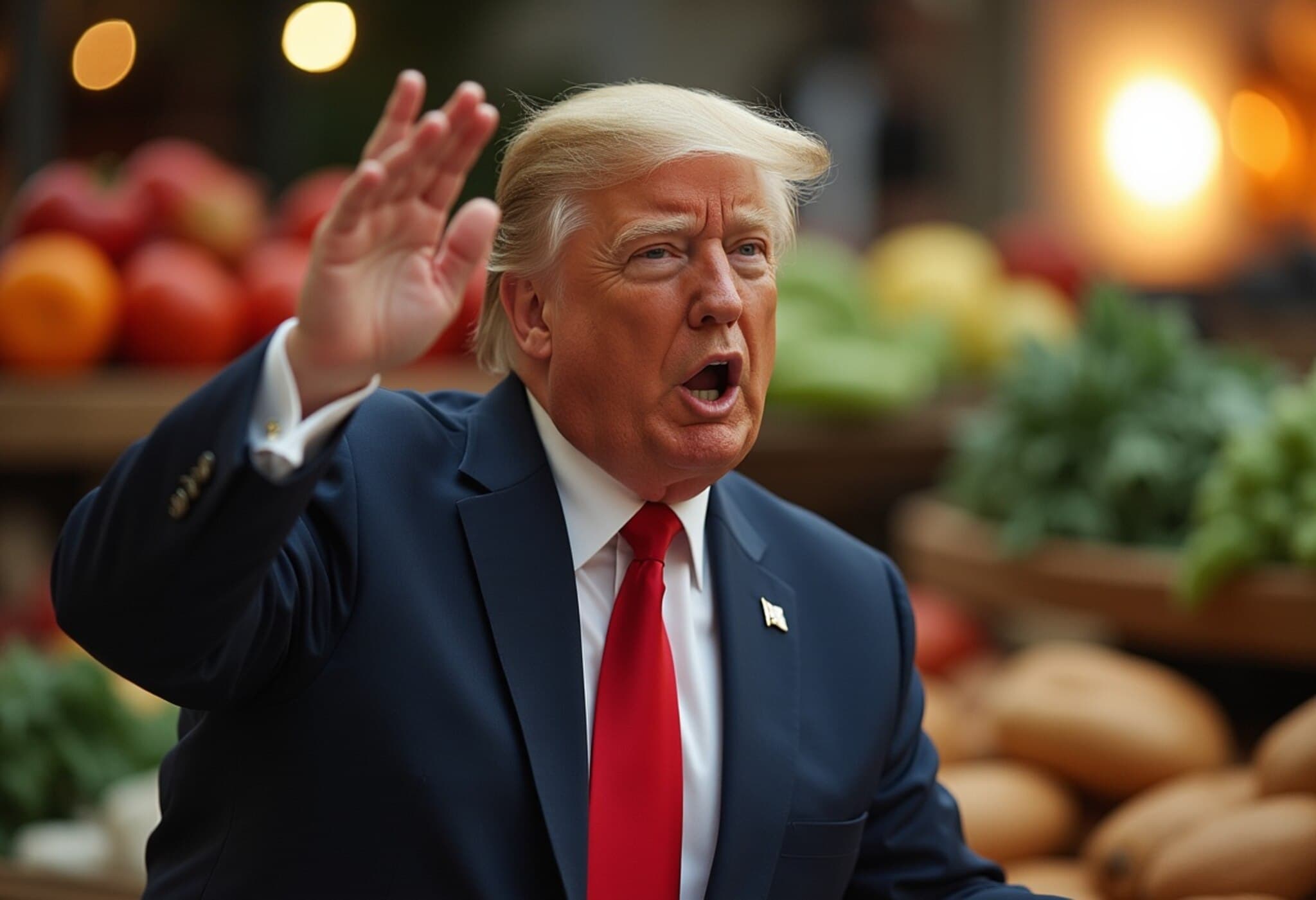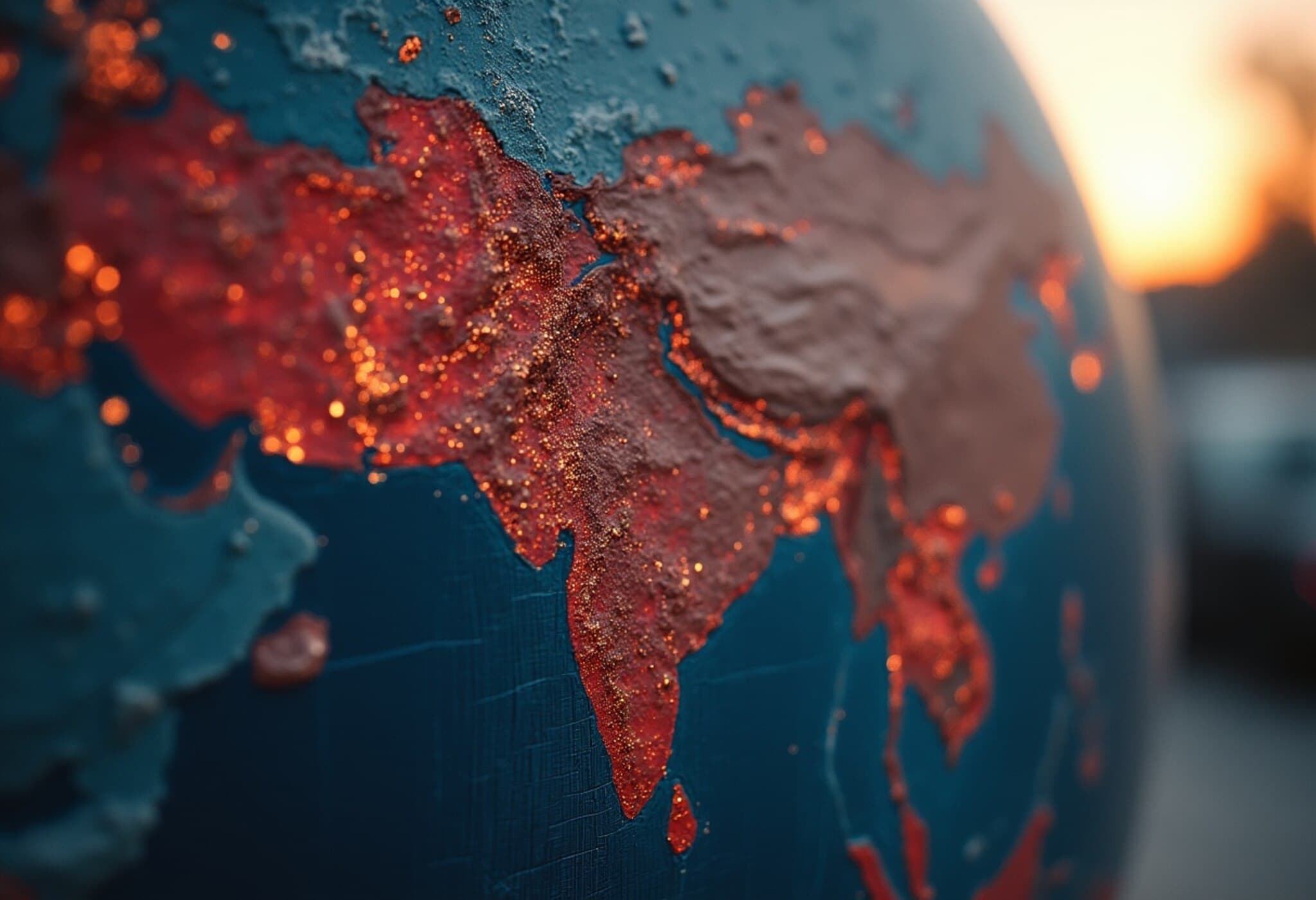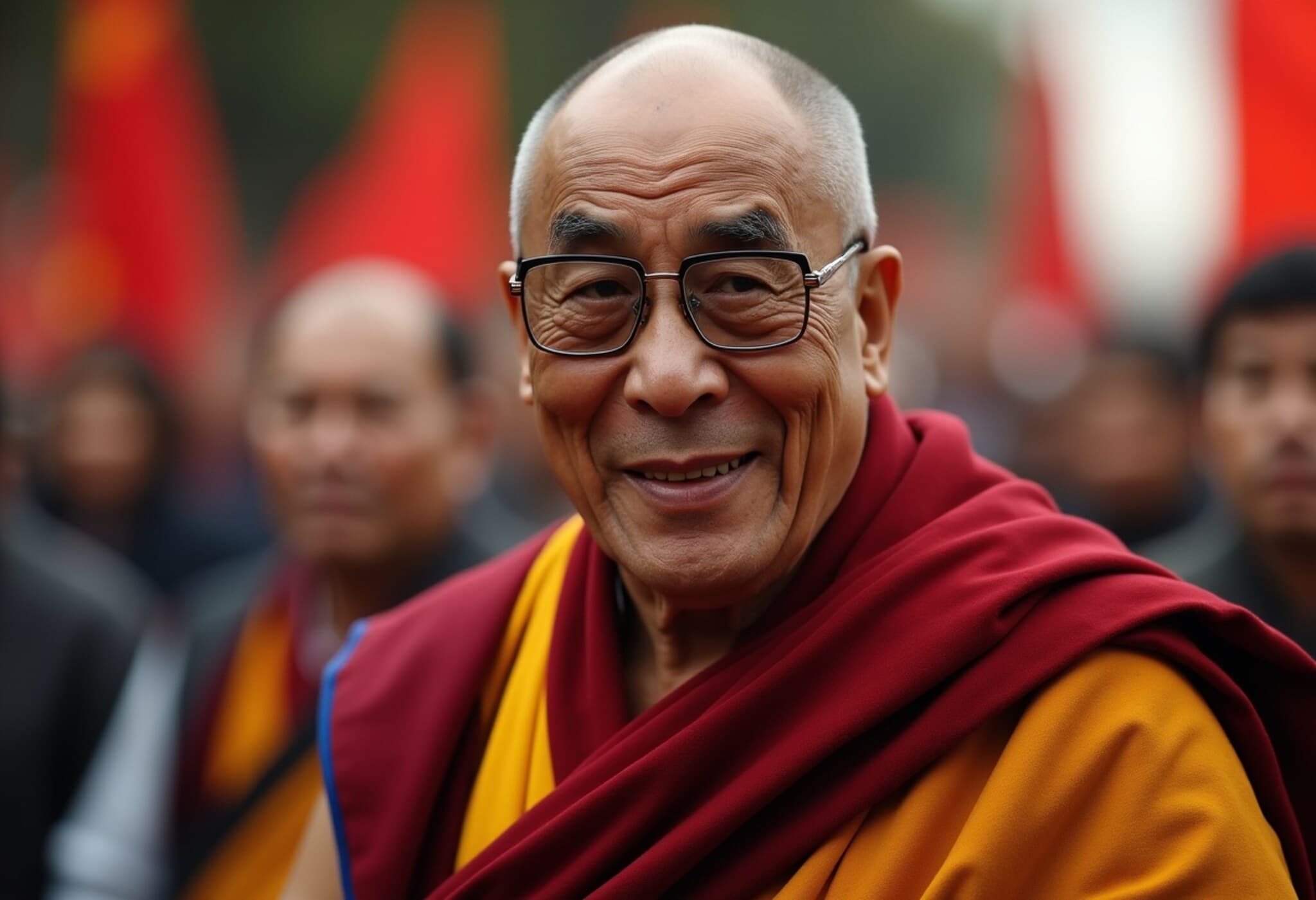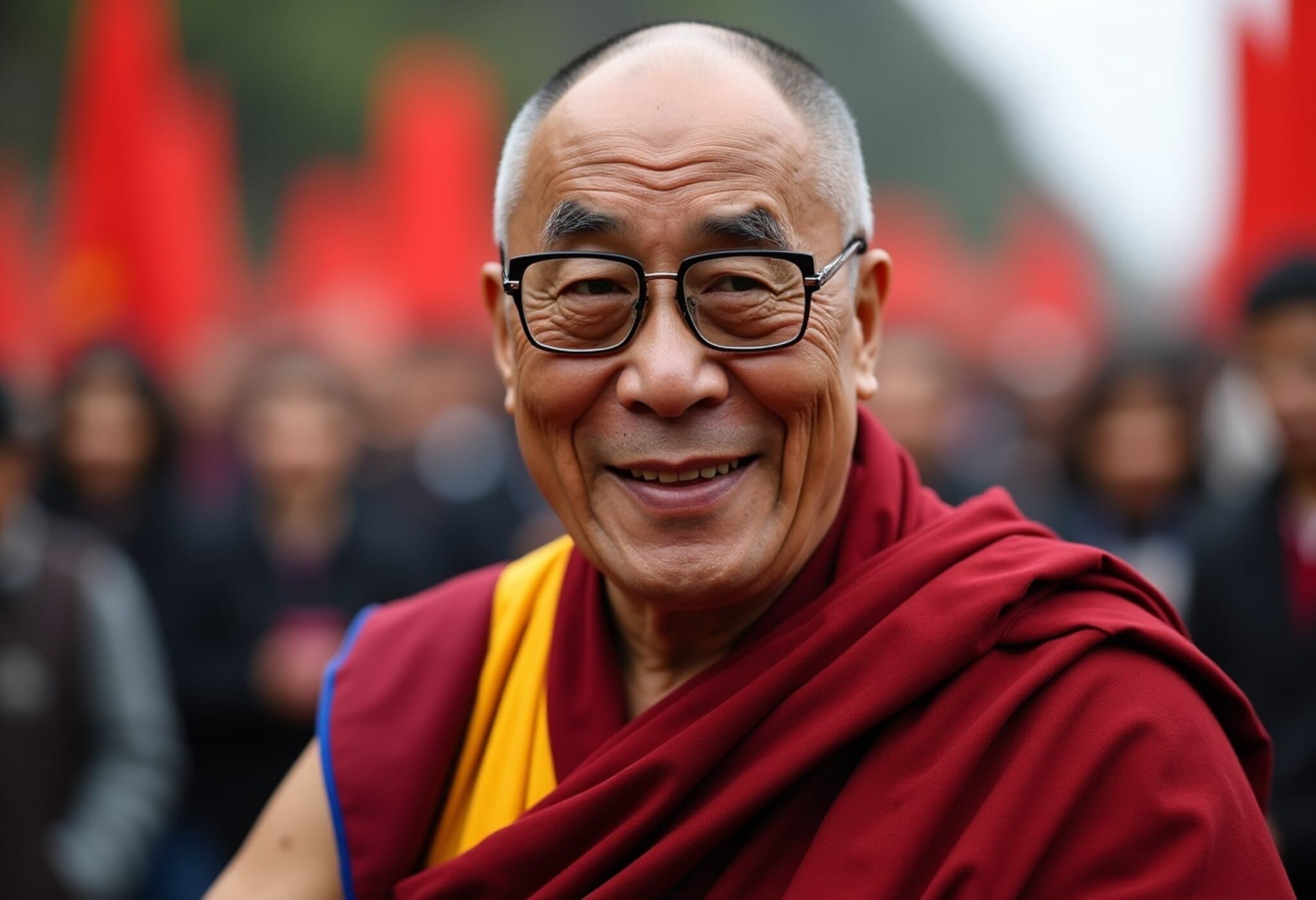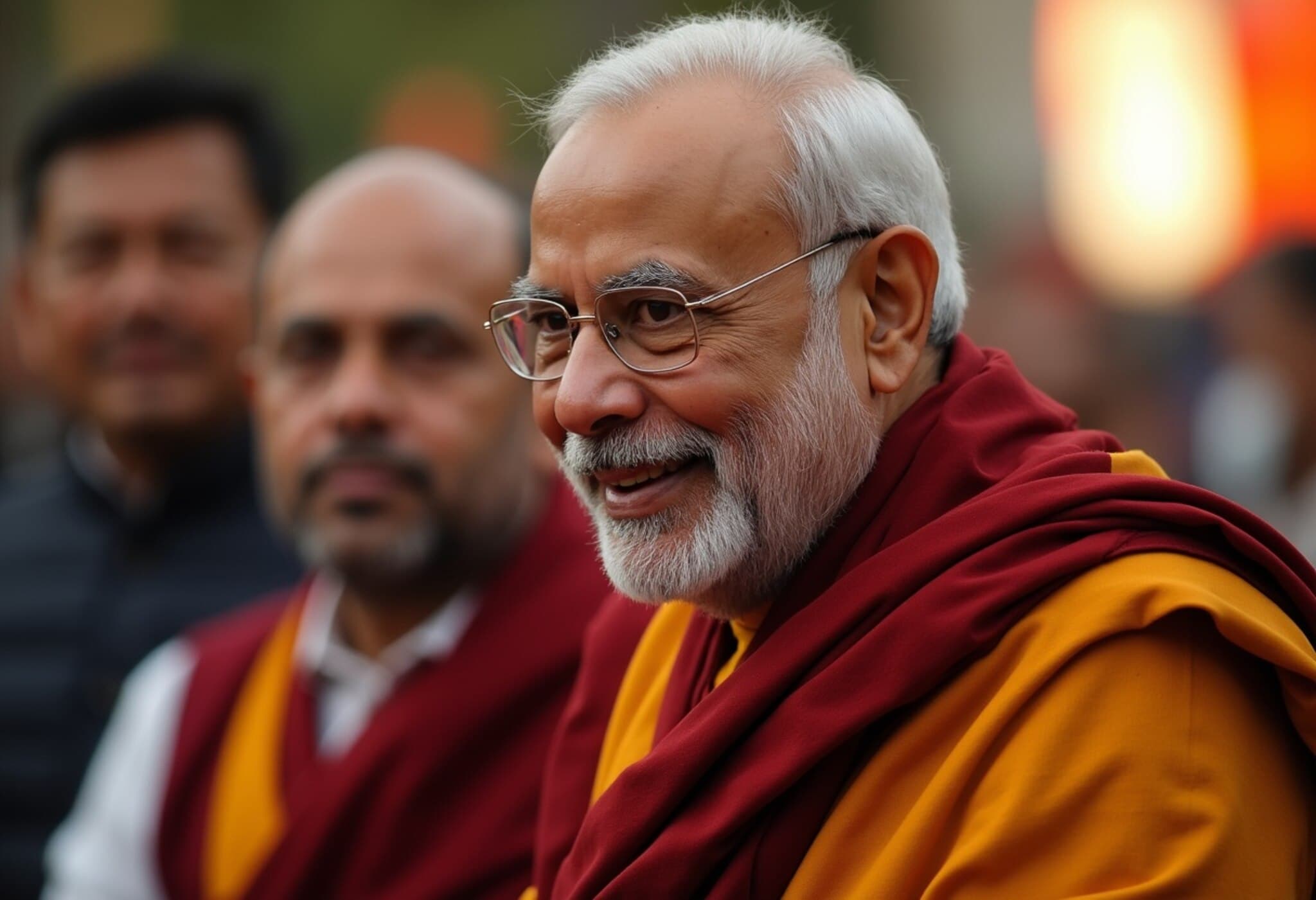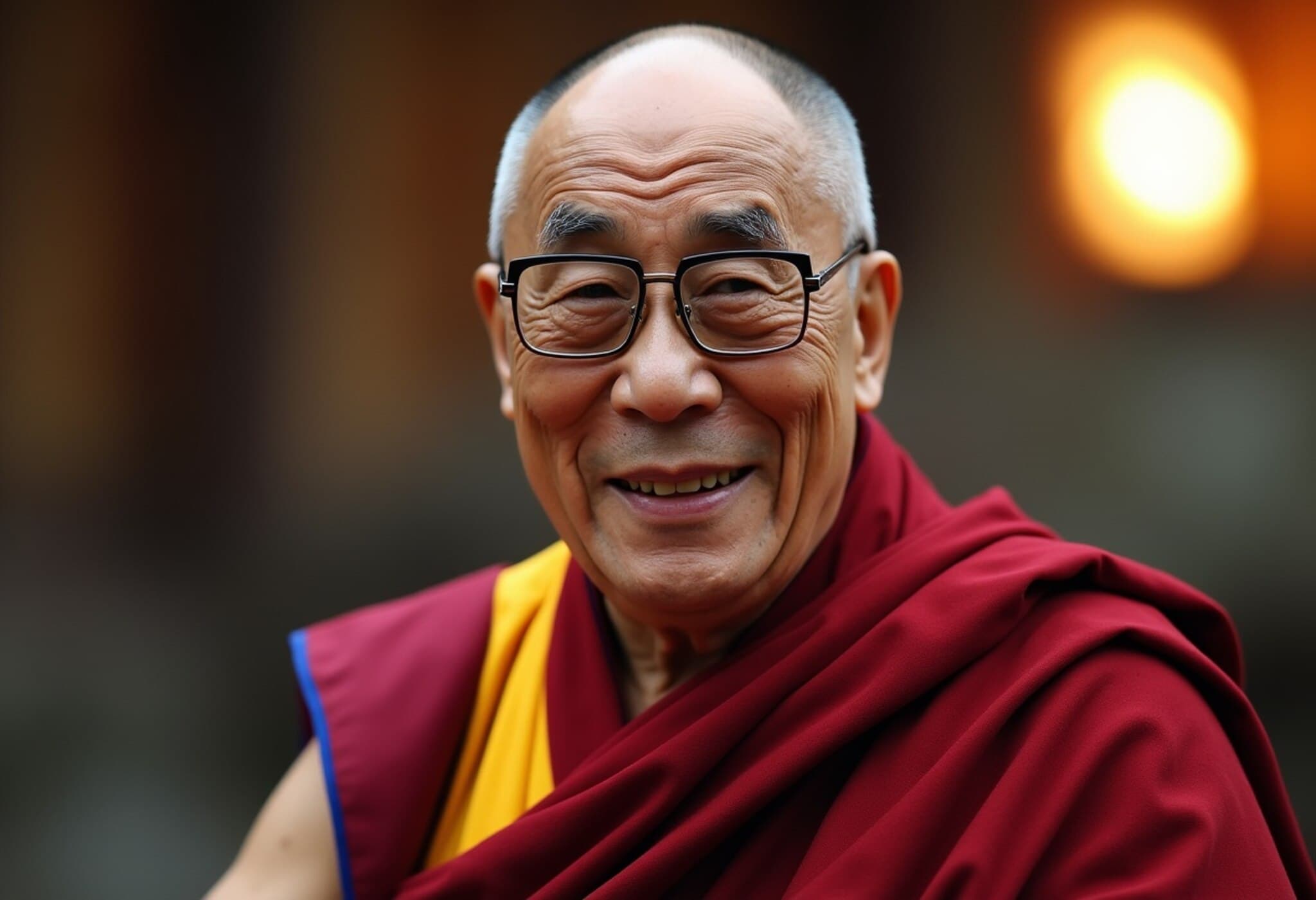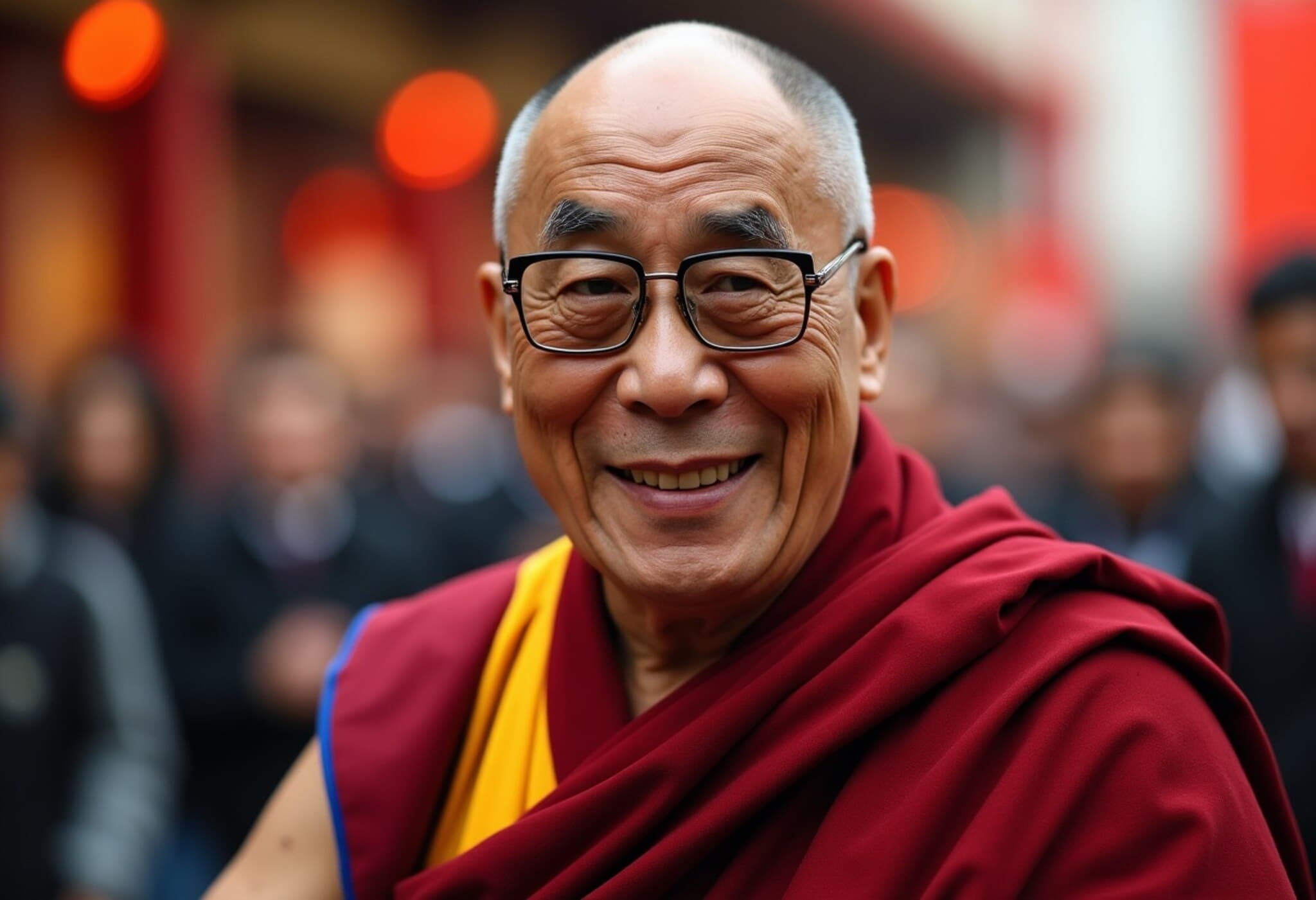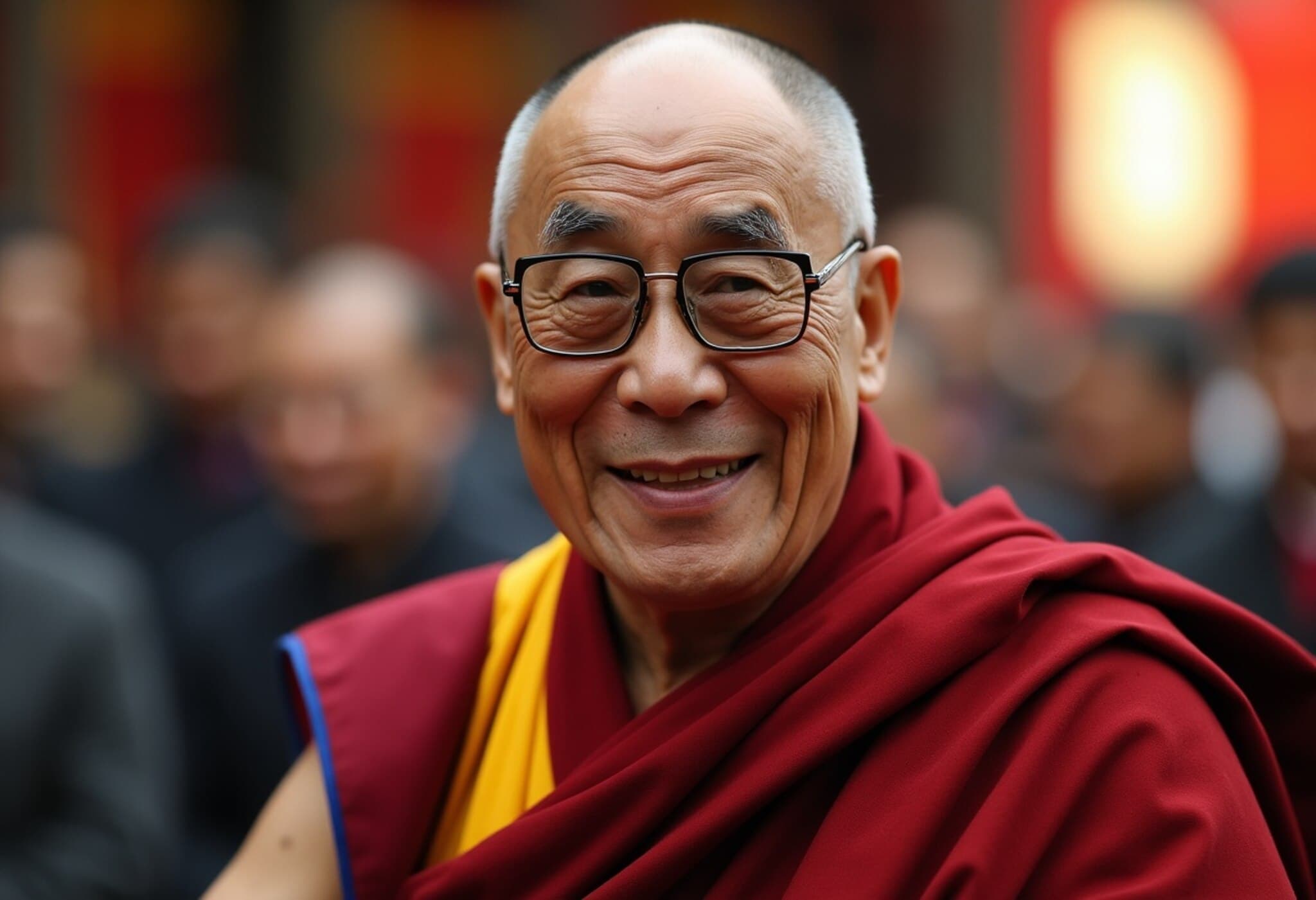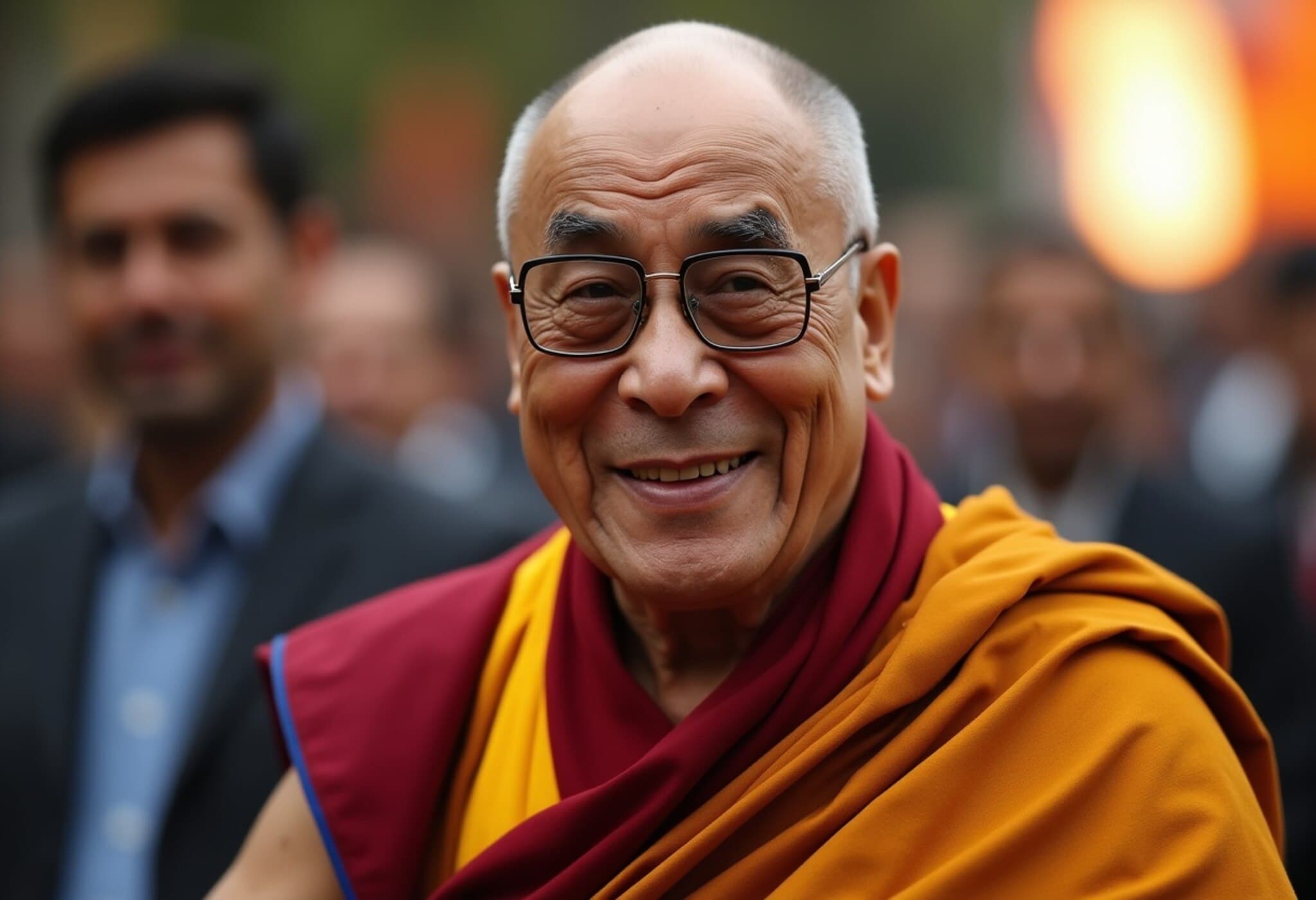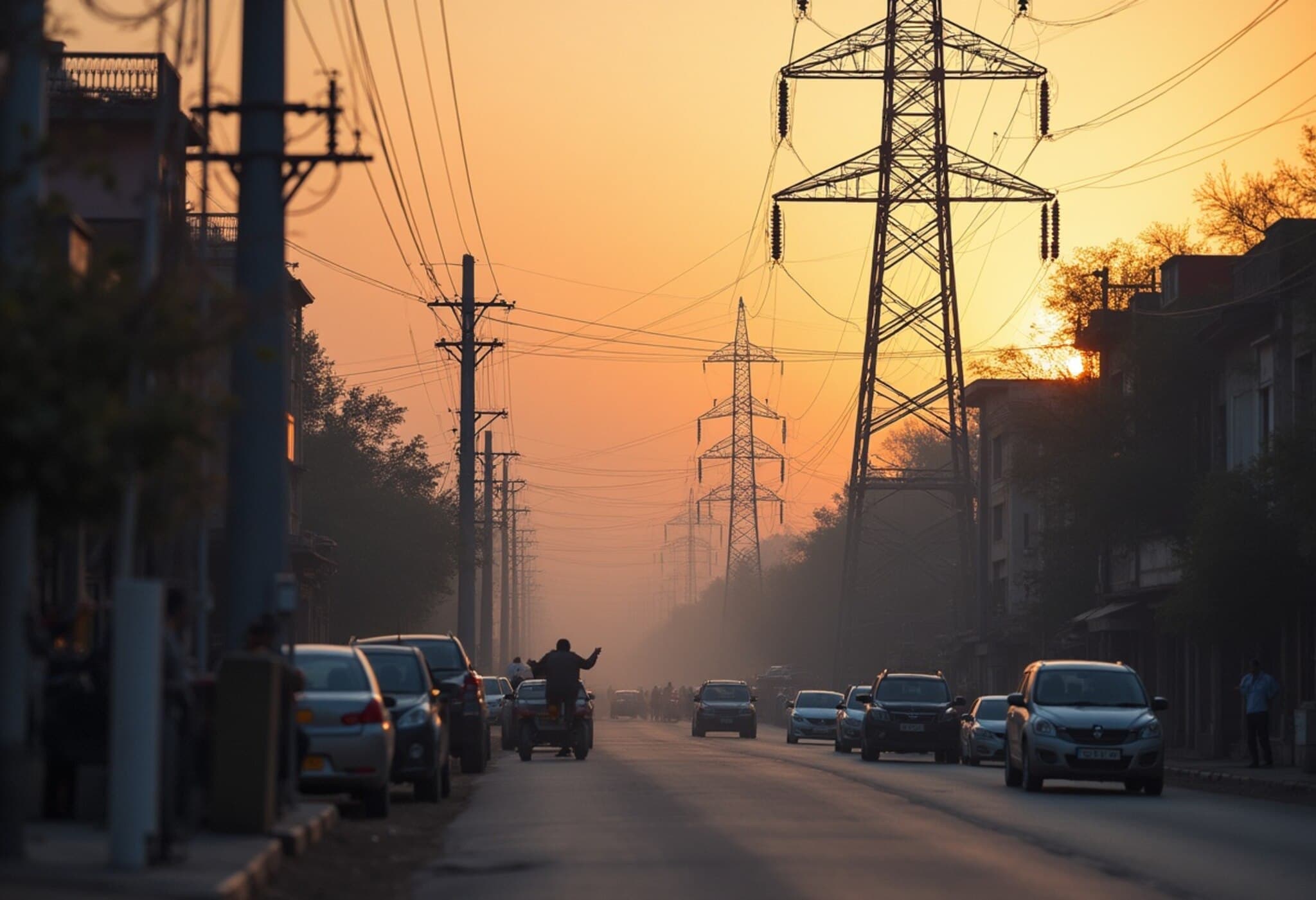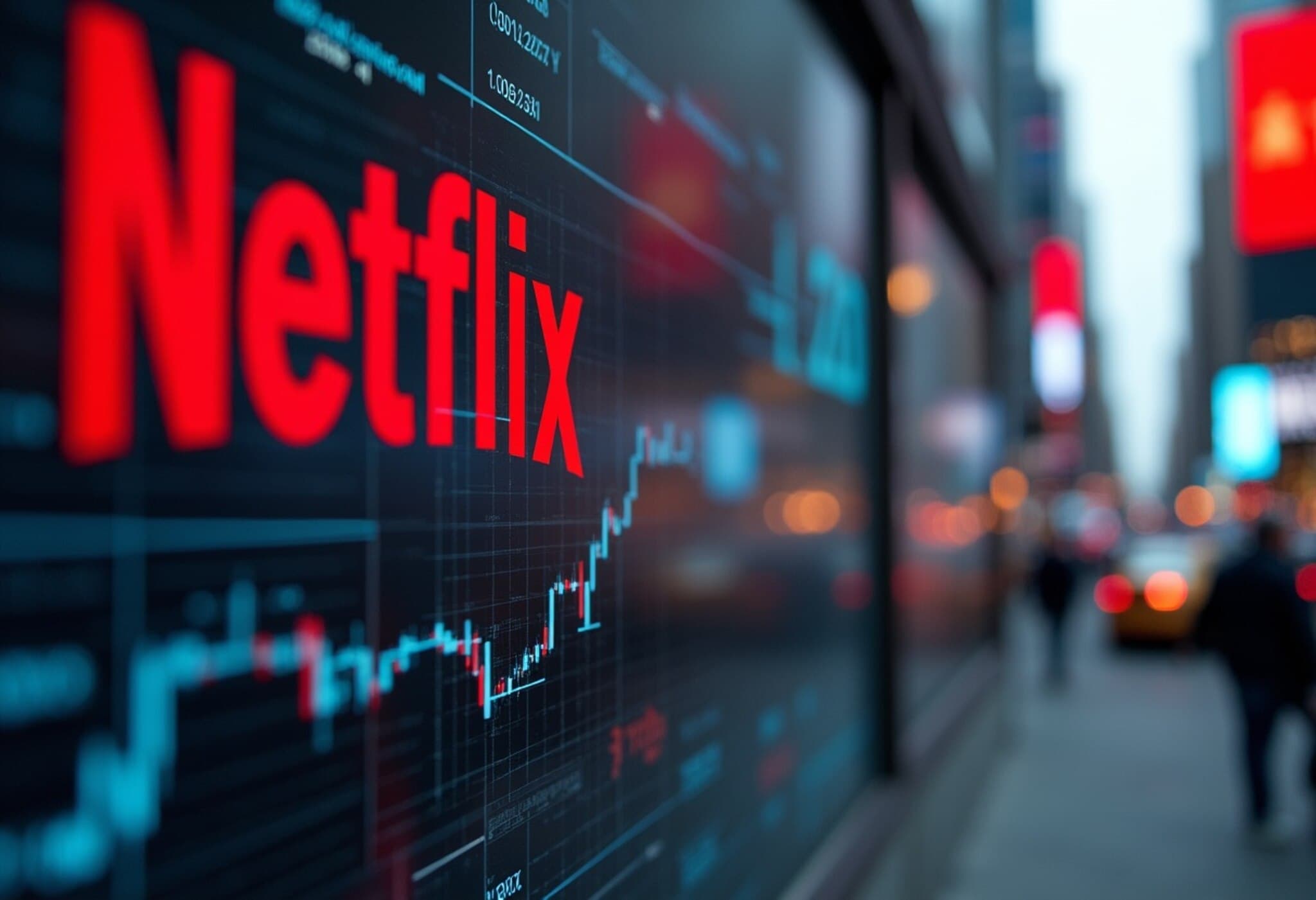China-India Relations Strained Over Dalai Lama Succession Dispute
As diplomatic engagements between New Delhi and Beijing approach, tensions simmer once again over the sensitive issue of the Dalai Lama’s succession. The Chinese Embassy in New Delhi issued a stern reminder on July 13, 2025, calling the reincarnation and succession of the Tibetan spiritual leader a "thorn" that complicates bilateral ties.
Historical Context: Why the Dalai Lama Remains a Diplomatic Flashpoint
The 14th Dalai Lama, Tenzin Gyatso, has lived in exile in India since 1959 following a failed uprising against Chinese control of Tibet. India hosts approximately 70,000 Tibetan refugees and is home to the Tibetan government-in-exile, a factor contributing to China’s unease.
Tibetan Buddhists believe that the Dalai Lama is the reincarnation of a bodhisattva, with the soul passing on to the next spiritual leader—a tradition deeply spiritual yet immensely politically charged. China rejects this religious tradition's outsized geopolitical implications, insisting that the Chinese government must approve the Dalai Lama’s next incarnation.
Recent Developments Ahead of Diplomatic Engagements
Earlier this month, India celebrated the Dalai Lama's 90th birthday with senior ministers in attendance, signaling strong Indian ties with the Tibetan spiritual leader. On this occasion, the Dalai Lama reiterated that the process of his succession is a religious matter and beyond Beijing's authority.
In response, Yu Jing, a spokesperson from the Chinese Embassy in India, called out recent comments by Indian strategic analysts and government officials as "improper remarks" on what she termed an "internal affair" of China. She urged caution, warning that using Tibet as a political tool could backfire on India.
Indian Officials Maintain a Careful, Yet Firm, Stance
Minister Kiren Rijiju, who attended the Dalai Lama's birthday celebrations, expressed personal belief that the spiritual leader alone has the authority over his reincarnation. Meanwhile, the Indian Ministry of External Affairs reaffirmed on July 4 that India refrains from commenting on religious beliefs or practices.
Diplomatic Context: Upcoming High-Level Meetings
Adding urgency to these tensions, India's External Affairs Minister S. Jaishankar is set to attend a Shanghai Cooperation Organisation security meeting in Tianjin, China, on July 15. His visit marks one of the highest-level India-China diplomatic engagements since the 2020 deadly border clashes that resulted in the deaths of at least 20 Indian and four Chinese soldiers.
Earlier, India’s Defense Minister also met with his Chinese counterpart on the sidelines of a regional defense meeting, underscoring efforts to rebuild communication channels amidst persistent strategic mistrust.
Expert Insight: Navigating a Complex Political-Religious Knot
The Dalai Lama succession dispute encapsulates the profound interplay between religious traditions and geopolitical rivalry. For India, hosting the Dalai Lama and the Tibetan exile community is a symbol of humanitarian commitment and spiritual solidarity but also a subtle leverage point in its geopolitical rivalry with China. For Beijing, the potential reincarnation represents not only religious authority but also control over Tibet’s political future.
Experts suggest that resolving this dispute requires nuanced diplomacy respecting religious sensibilities without compromising national sovereignty claims. The ongoing diplomatic meetings between the two Asian powers will be critical in managing this thorny issue that continues to strain one of the world’s most consequential bilateral relationships.
Editor's Note
The debate over the Dalai Lama’s succession is far from a mere religious matter—it reflects deep-rooted political sensitivities intertwined with regional security concerns in South Asia. As India and China cautiously seek to mend ties post-2020 border clashes, this issue may either serve as a diplomatic stumbling block or an opportunity for careful engagement. Observers should watch upcoming diplomatic encounters closely to gauge how both sides manage this delicate balance.

